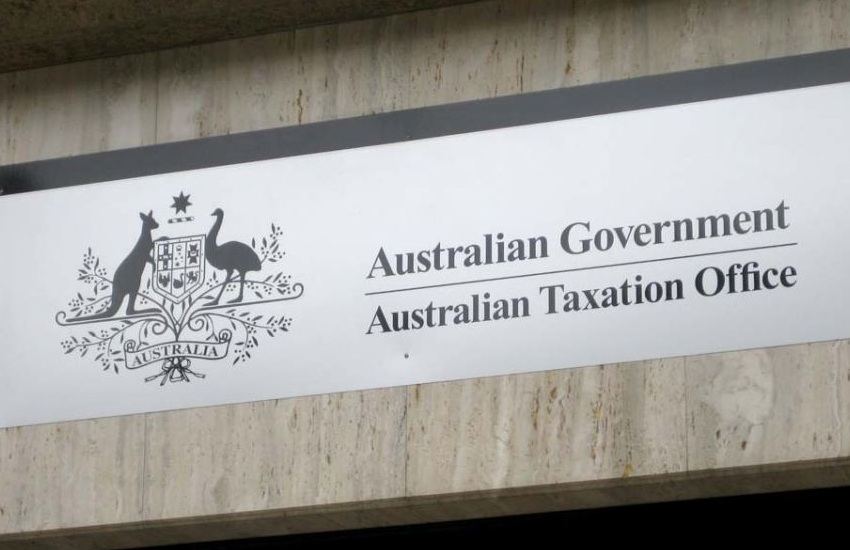Everett assignment guidelines limbo drags on
BusinessThe Tax Office has confirmed that professional firms can continue to rely on suspended Everett assignment guidelines as long as they meet specified conditions.

The ATO has now confirmed that taxpayers can continue to rely on suspended Everett assignment guidelines for the year ending 30 June 2020 if they entered into arrangements prior to 14 December 2017.
The ATO’s Assessing the Risk: Allocation of profits within professional firms guidelines and Everett assignment guidelines have been suspended since 2017 after the ATO became aware of certain high-risk factors not specifically addressed within the guidelines, including the use of related-party financing and self-managed super funds.
The latest extension comes after it announced a similar move last year, with the ATO continuing to work on new guidelines since early 2018.
The ATO notes that taxpayers who rely on the suspended guidelines and do not exhibit any of its prescribed high-risk factors will be considered lower risk for the year ending 30 June 2020.
These high-risk factors include a lack of any meaningful commercial purpose regarding arrangements including a disposal of an equity interest through multiple assignments, the creation of new discretionary entitlements such as dividend access shares and utilising amortisation leading to differences between tax and accounting income.
Concerns also include a disregard for CGT consequences and inappropriate use of CGT concessions, assignments where profit sharing is not directly proportionate to the equity interest held, and the creation of artificial debt deductions.
The ATO also has concerns with those undertaking an assignment to dispose of an equity interest to a self-managed super fund, and assignments where the arrangement is not on all fours with the principles of Everett and Galland.
“This confirms that professional firms that don’t derive income from an individual’s personal services can continue to refer to the suspended ATO guidelines and benchmarks if they want to be in the low-risk category when it comes to how profits of the firm have been allocated,” said Knowledge Shop tax director Michael Carruthers.
The ATO has also called on individual professional practitioners who are contemplating new arrangements, or have concerns or uncertainty regarding potential high-risk factors within their current arrangements, to engage with the Tax Office as soon as possible.




